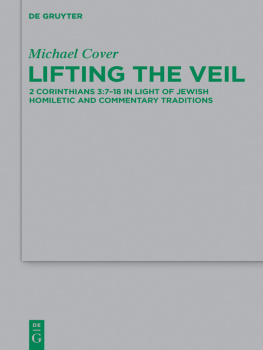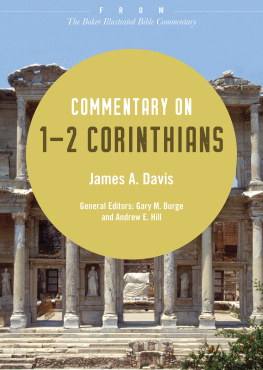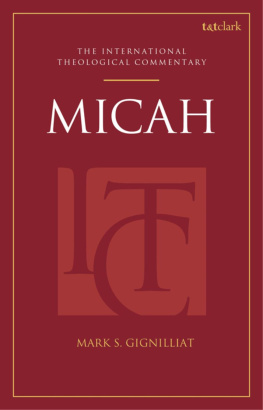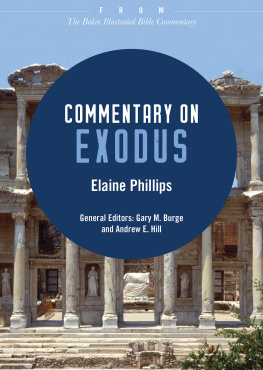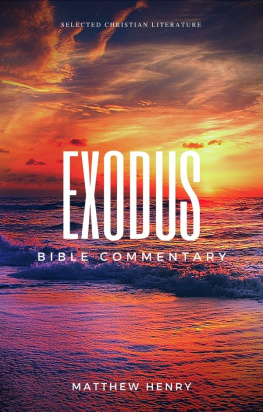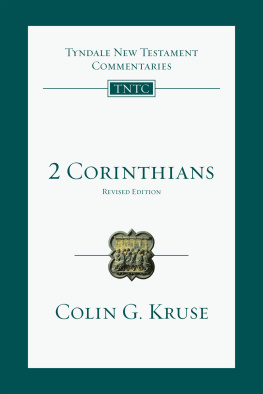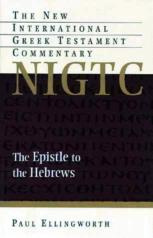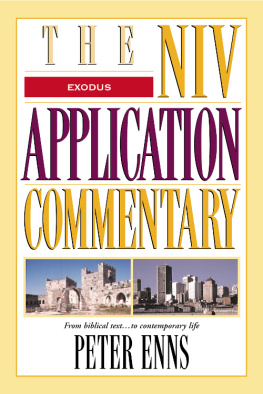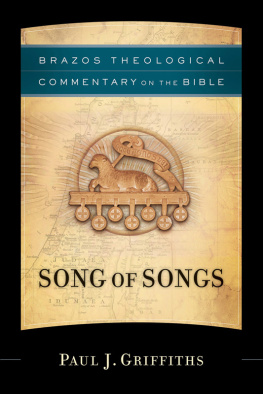Michael Cover
Lifting the Veil
Beihefte zur Zeitschrift fr die
neutestamentliche
Wissenschaft
____
Edited by
Carl R. Holladay, Matthias Konradt,
Hermann Lichtenberger, Jens Schrter
and Gregory E. Sterling
Volume 210

ISBN 978-3-11-037431-5
e-ISBN (PDF) 978-3-11-036896-3
e-ISBN (EPUB) 978-3-11-039273-9
ISSN 0171-6441
Library of Congress Cataloging-in-Publication Data
A CIP catalog record for this book has been applied for at the Library of Congress.
Bibliographic Information published by the Deutsche Nationalbibliothek
The Deutsche Nationalbibliothek lists this publication in the Deutsche Nationalbibliografie;
detailed bibliographic data are available on the Internet at http://dnb.dnb.de .
2015 Walter de Gruyter GmbH, Berlin/Boston
www.degruyter.com
____
For Robin Calvert Cover
o k .
Pindar, Pythian 8.4445
and Janet Gayle Cover
k o , .
Philippians 4:4
Preface
This study constructs a dialogue between Paul of Tarsus and Philo of Alexandria, two Jewish men who, despite never meeting one another, both flourished in the Mediterranean Diaspora during first century of the Common Era. It is remarkable that the historical and literary record permits us to recreate the parallel lives and theologies of these two figuresso similar and yet so differentfrom their ipsissima vox et verba.
Unlike Plutarchs famous pairs, however, this study sets in relief two contemporaneous rather than two diachronically separated figures. Neither is it about the lives of Paul and Philo per se , nor about each man to the same degree. Primarily, as the title suggests, this study is about Paul the Apostle, who forms both its point of departure and ultimate telos. Pauls remarkable interpretation of Exodus 34 in 2 Corinthians, the account of Moses second descent from Mount Sinai, guides the study throughout.
If Paul frames this work at beginning and end, Philo in many ways forms its discursive center. He is the figure on whom my thesis about Paul pivots. Beginning this inquiry with an exegetical question, moreover, rather than a theological, philosophical, or rhetorical one, is a debt I owe to the Alexandrian. Of course, all four of the above-stated emphases will play a role in this study. But a monograph can only do so much. In sum, then, this whole project might be summarized as a voyage from Pauls epistolary interpretation of scripture to Philos exegesis in the Allegorical Commentary and back again, with a few minor and major stops along the way. It is hoped, however, that such a voyage will contribute to a better understanding of Pauls contingent theology and exegesis in the Corinthian context, as well as in his other letters.
On the more distant horizon lies the comparison of two theological hermeneutics and two patterns of religion. Many have made initial forays into such a comparison. Philo was certainly the more erudite of the two, but Paul displays a particular genius of his own, in his unique fusing of the Jewish philosophical and apocalyptic thought. Much more exciting work remains to be done in this vein, for which this study hopefully provides some reconnaissance.
This monograph would not have been completed without the counsel and support of many friends and colleagues and it falls to me here to acknowledge those people without whose teaching and assistance this project would never have reached fruition. It is a thing both necessary and excellent, however, as Philo says, first to render thanks and honor to God (Spec. 1.195), whose grace and love have carried me through the various peaks and valleys of the last six years and for whose sake all these inquiries are undertaken. If I may be permitted to modify slightly Philos formulation (cf. Leg. 1.84): .
Among many influential teachers, thanks goes first to Gregory Sterling, my Doktorvater , whose wise and patient counsel has overseen every stage of this project. It was Gregs idea to study Paul and Philo together, following an instinct perhaps best enunciated by E. P. Sanders in one of his memoirs, that the study of religion ought always to be comparative. To know one religion is to know none. The human brain learns by comparing. Our discussions about Paul, Philo, and numerous other subjects have shaped me as a scholar and I am grateful for his training. Even in his move to Yale Divinity School and the assumption of many new responsibilities there as dean, Greg continued indefatigably as a dedicated director.
Many others have helped form and hone my interests over the years. Early on, David Petrain, Richard Rutherford, and John Hare shaped me as a reader of Plato and Aristotle; Harold Attridge, Christopher Beeley, Adela Yarbro Collins, John Collins, and Morwenna Ludlow deepened my interest in early Judaism and Christianity. At the University of Notre Dame, thanks are due especially to John Meier and Tzvi Novick, who have spent countless hours discussing various aspects of this project and who serve as models of academic and pedagogical excellence. Gary Anderson, David Aune, Mary Rose DAngelo, Eugene Ulrich, and James Vanderkam all contributed significantly to my reading of Paul in his Roman and Second Temple Jewish contexts. Thanks are also due to Gretchen Reydams-Schils, who both as a teacher and as convener of the Notre Dame Workshop on Ancient Philosophy introduced me to the delights and difficulties of studying Hellenistic Philosophy; to Robin Darling Young, who taught me Armenian; and to Valry Laurand of the University of Bordeaux, who graciously invited me to give a lecture exploring the role of parrhsia in 2 Corinthians. I am grateful to the editors at BZNW for accepting this manuscript; and to the staff at De Gruyter, particularly Albrecht Dhnert, Stefan Selbman, Sabina Dabrowski, and Katrin Mittmann, who have helped me throughout the publishing process. At various points in composing and revising the book manuscript, I benefited from conversations with Daniel Schwartz, Peder Borgen, David Runia, Volker Rabens, and Hans Dieter Betz, as well as several new colleagues at Marquette, including Joshua Burns, Robert Masson, and my graduate assistant, Tyler Stewart.
In the end, however, I am responsible for the claims made in this book and take full responsibility for any shortcomings or errors.
In addition to these notes of personal thanks, I wish to extend my gratitude to two institutions which have provided me with the time to rethink and revise this work. First, my thanks to Christ College and the Lilly Fellows Program at Valparaiso University and all my colleagues there, particularly Mark Schwehn, Dorothy Bass, Joe Creech, Mary Beth Fraser Connolly, Kathy Sutherland, Peter Kanelos, Ron Rittgers, Julien Smith, David Clark, Anna Stewart, Kate Kennedy Steiner, and Ian Clausen. A first stage of this revision happened during my happy year at Valpo in the basement of Linwood House, and I was spurred on in my work by our daily lunches and weekly Monday colloquia rethinking the relationship between teaching and research.
Thanks are also due to the Marquette University Theology Department, to my new colleagues here, and especially the outgoing and incoming chairs, Susan Wood and Bob Masson. A generous course reduction in my first semester at Marquette enabled me to present my work at several conferences, refine my thoughts, and complete this revision.
Finally, several notes of thanks are due to my family. First, to my father and mother: this work is dedicated to you, for your commitment to my academic and pastoral vocation and for your example of a loving and faithful marriage. Second, to our daughters, Elizabeth Agnes and Lucia Miriam, who are my daily joy and light. Finally, to Susanna: for agreeing to marry me eight years ago; for being a wise and patient companion, a fellow pioneer in this Middle West, a loving mother, and a friend of friends. You make the words of the Psalm ring true: they who go through the desert vale, shall find it filled with springs.
Next page
